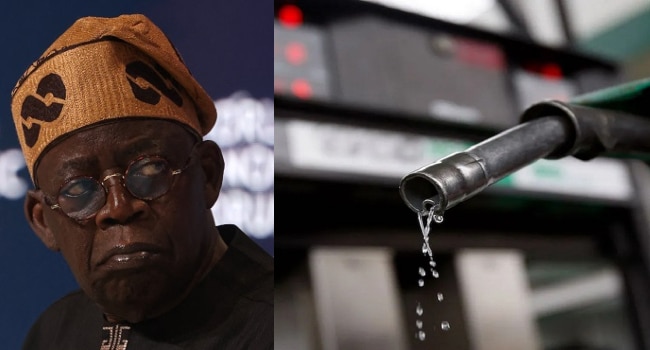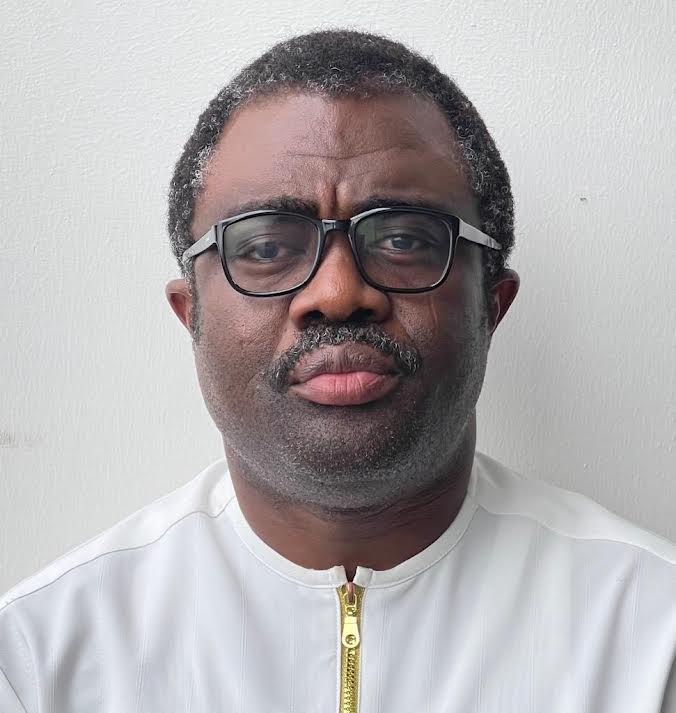The Minister of Solid Minerals, Dele Alake, on Sunday, said Nigeria has added $5 million to its foreign reserves from gold sales.
“I am pleased to report that the National Gold Purchase programme, which aims to increase our country’s reserves and boost the value of the naira, is making significant progress,” Alake said in a post on X.
He said that over 70 kilogrammes of refined gold to the London Bullion Market Good Delivery Standard and an aggregation of locally mined gold, injected about N6 billion into the Nigerian economy.
Nigeria’s gold reserves remained unchanged at 21.37 Tonnes in the fourth quarter of 2023 from 21.37 Tonnes in the third quarter of 2023, according to the World Gold Council (WGC).
WGC in a reserve report noted that Nigeria’s gold reserves averaged 21.37 Tonnes from 2000 until 2023, reaching an all time high of 21.46 Tonnes in the fourth quarter of 2020 and a record low of 21.37 Tonnes in the second quarter of 2000.
Alake said the gold sales “marks the first commercial transaction under the National Gold Purchase Program (NGPP), which is a centralised offtake scheme supported by a decentralised aggregation and production network of artisanal and small-scale miners and cooperatives.”
The minister presented a gold bar to President Bola Tinubu in Abuja.
Alake noted that the gold bars were sourced from artisanal and small-scale miners and refined by an agency of the Ministry, the Solid Minerals Development Fund.
He stated that government officials met the London Bullion Market Association Good Delivery Standard over the gold bars to be sold to the Central Bank of Nigeria to strengthen our foreign reserves.
In April 2024, the Central Bank of Nigeria (CBN) disclosed that Nigeria’s foreign reserve dipped to $32.12 billion from $34.45 billion on March 18, 2024. The reserves dropped by $2.33 billion in 31 days.
CBN governor Yemi Cardoso said the decreasing reserves was due to debt repayments and other standard financial obligations, rather than efforts to defend the naira.

 5 months ago
29
5 months ago
29















 English (US) ·
English (US) ·